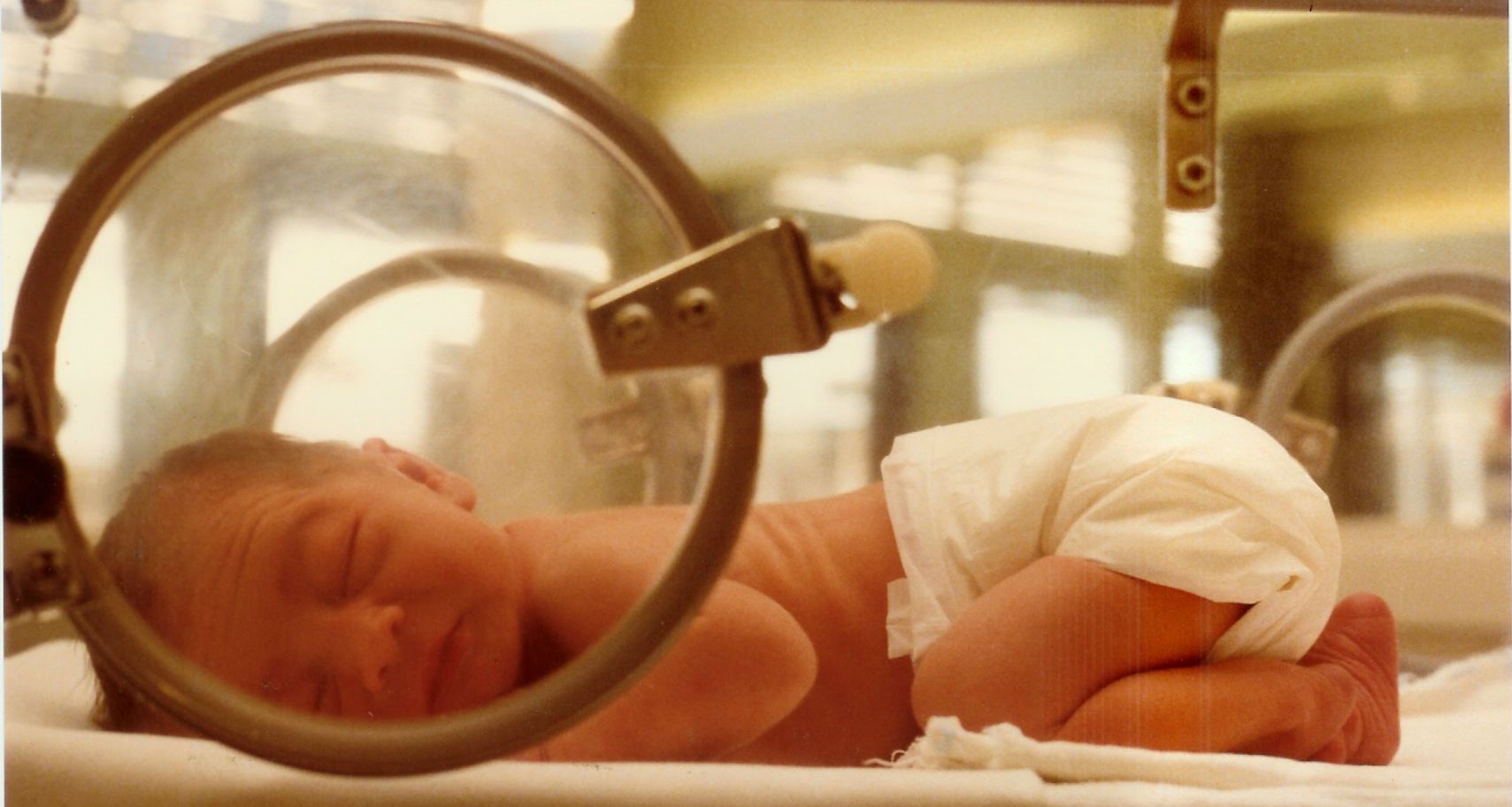Researchers at the University of Geneva (UNIGE) and the University Hospitals of Geneva (HUG) have discovered that playing specially-composed music for premature babies help them develop better. When babies are born prematurely, there are many complications that can happen, as they weren’t supposed to be out of the womb already. With all the different stimuli going on around them, it can be hard for a baby to process things, and this stresses them out--something that's not good for their development.
In Switzerland, the Neonatal Intensive Care Unit at the HUG sees about 80 children born too early (between 24 and 32 weeks of pregnancy) every year. While majority survive, developmental issues can become a problem; these include learning disabilities, attentional or emotional disorders, and other developmental issues. In the hospital, medical professionals must find ways to keep the baby safe in an environment where their brain can continue to develop.
RELATED: Premature Babies: 10 Things Doctors Have To Say About Them (And 10 Ways To Predict It)
The Swiss researchers came up with the idea to create music for the babies because they concluded that the neural deficits are due to unexpected, stressful stimuli in the hospital and a lack of helpful stimuli that will help their brains develop. The scientists recruited composer Andreas Vollenweider to help with the project because he has previously worked with research in similar fields. The goal was to create pleasant stimuli at different times related to the baby’s current condition: during their waking and while they’re falling asleep. Surprisingly, they found that the instrument the babies respond to the best was an Indian snake charming flute.
What they found was that very agitated babies would calm down at the sound of the music, and it drew their attention away from the bustling sounds of the hospital. For more concrete evidence, the babies also went through an MRI test to reveal the music’s effects on their brain development. Researchers saw that premature babies who didn’t listen to the music generally had poorer functional connectivity in their brain than full-term babies. Those who listened to Vollenweider’s music had better functional connectivity between the salience network and the auditory network—giving them a brain developing similar to full-term babies.
The researchers plan to follow-up the project now that the kids are six-years-old. They want to see if the music had any other impacts on their development. Who knows; perhaps they will even find that these children are more musically inclined than most.
RELATED: Migraines May Trigger Miscarriage, Premature Birth Or Pre-Eclampsia In Women

